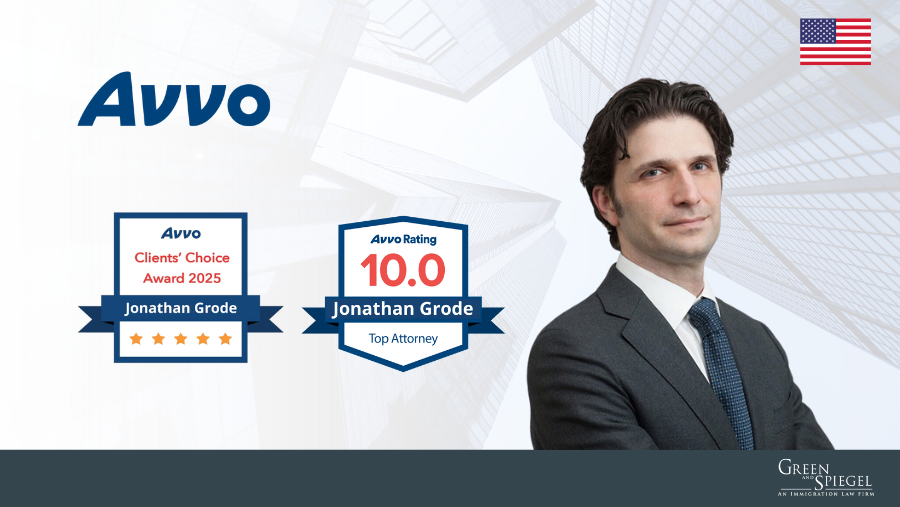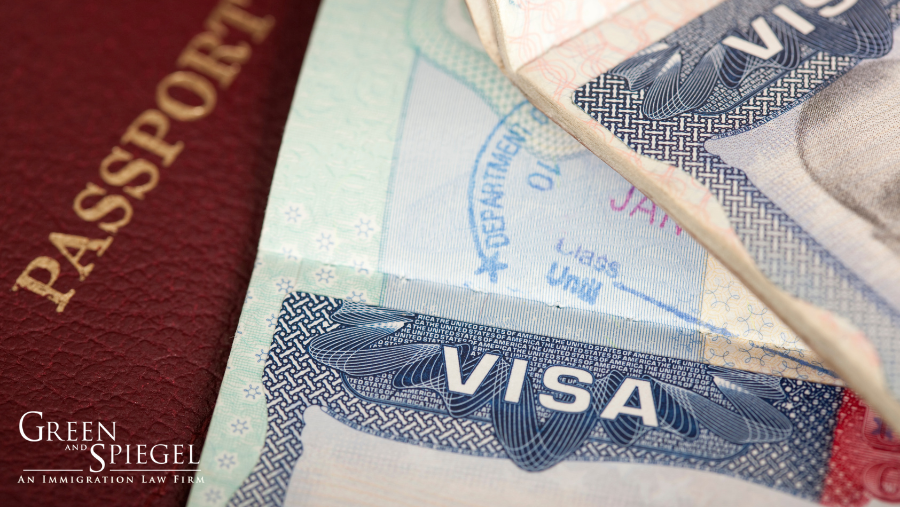BACKGROUND: U.S. employers are required to execute Forms I-9, Employment Eligibility Verification (Form I-9) for all employees. Under normal circumstances, this requires a face-to-face meeting between an employer representative and the new employee and a presentation of identity documents and proof that the employee is allowed to work here. However, the 2019 novel coronavirus (COVID-19) and the attendant public health measures in place to control the spread of the virus make compliance extraordinarily difficult for many employers. The federal government addressed this by creating “flexibility” protocols, designed to accomplish the Form I-9 goals remotely. It has extended the period companies can use those protocols until December 31, 2020.
FLEXBILITY PROTOCOLS: On March 20, 2020, the U.S. Department of Homeland Security (DHS) announced a temporary flexibility protocol that stripped away the physical presence requirements of the Form I-9 verification. It permits employers to inspect the documents employees present remotely. It also requires that employers conduct a reverification of the Forms I-9 completed according to the flexibility protocols within three business days of restoration of normal operations.
PROTOCOLS EXTENDED: As the pandemic has stretched on, DHS extended the flexibility protocol. It announced yesterday that the flexibilities will not expire until December 31, 2020. It must be noted though that the “policy only applies to employers and workplaces that are operating remotely. If there are employees physically present at a work location, no exceptions are being implemented at this time for in-person verification…” Stated differently, if our business is being conducted in-person or there are opportunities to conduct a Form I-9 verification in-person, employers may not be able to take advantage of the remote verification “flexibilities.”
CONCLUSION: Whether the flexibilities are again extended or sunset on December 31, 2020 depends on a number of factors such as the impact on resurgent COVID-19 infection rates and the transition to the next federal executive administration. It does provide remedies for fully remote working enterprises and it may provide remedies for companies which are hybrid, companies which have some positions fully remoted and others in-house. Such analyses are fact-dependent and we’re happy to help companies develop effective processes which meet management goals and necessities.
OUR SERVICES: The Green and Spiegel compliance and enforcement practice has been monitoring this evolving situation closely and we will continue to update our blog and provide E-Alerts to advise on the latest developments. We have the experience and capacity to serve client compliance interests well. If your company wants help with such matters, please contact our compliance and regulatory enforcement team at Green and Spiegel U.S.. You can also call or text me directly at 484-645-4194 or email me at dspaulding@gands-us.com.
DISCLAIMER: Please note, nothing we post here is legal advice, nor does reading anything we write or communicating with us on or through social media form an attorney/client relationship between us. Choosing an attorney is a serious matter and should not be based solely or primarily on advertising or any other public communication of an attorney or law firm.




